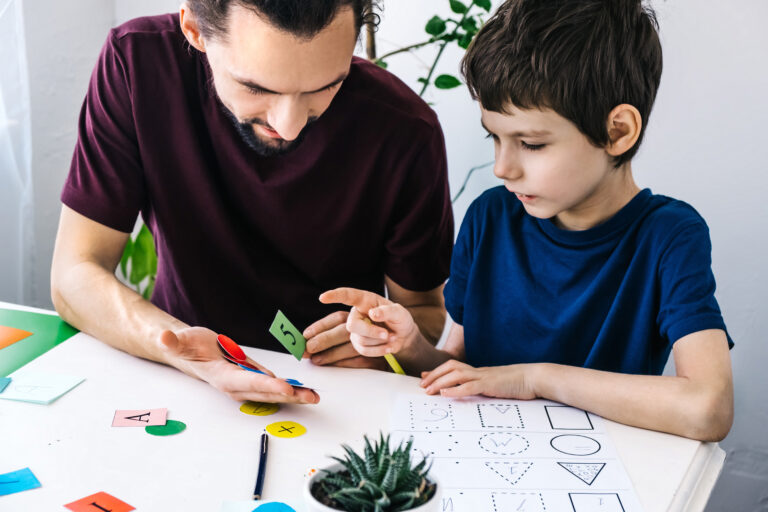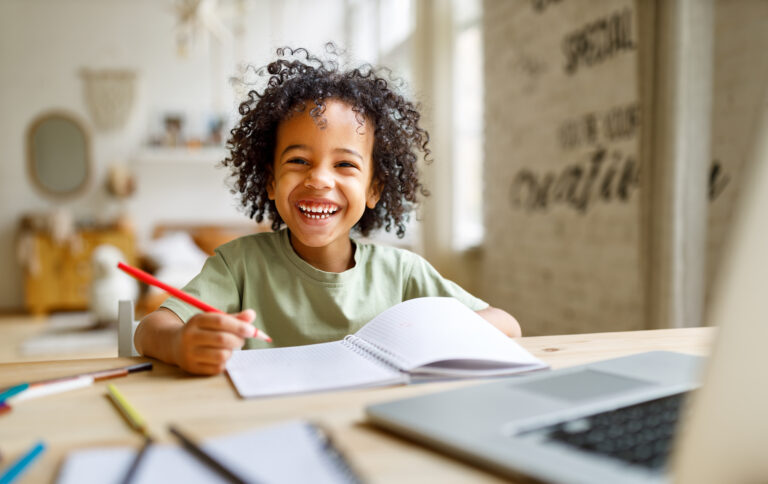Education
Our Goal
Our goal is to help children understand the importance of making choices that contribute to their educational success. For children placed with us, staff will address obstacles such as attendance issues, lack of effort despite attending, harmful peer relationships, and other factors that affect their academic performance. We will also work to improve attendance rates, assist with homework and school projects, and provide overall support to enhance their educational experience.
MFTC recognises that every child has unique educational needs, some of which may be complex. We will collaborate with professionals involved in their care to provide personalised support and guidance. Additionally, we will ensure each child has an up-to-date EHCP, IEP, or PEP if necessary.
We will coordinate with local schools and facilitate arrangements to promote the child’s academic progress. Upon admission, we will assess the child’s current educational situation. If the child is already enrolled in school, we will try to maintain that placement if feasible and support children by providing transportation to and from their educational placements.
If a child or young person is without a current school placement or not in any form of education, MFTC will work with local authorities to identify an appropriate setting as quickly as possible. The home can suggest local schools, share information with educational providers, and support visits to potential placements. In the interim, if a child is not yet enrolled, we will implement a home-school education program with in-house qualified teachers and a SENCO.


MFTC’s in-house Education:
Personalised Learning and Inclusion
- Tailor the curriculum to meet each child’s needs.
- Recognise and build on each child’s strengths, interests and needs to encourage achievement.
- Prepare assessments and plans to adjust learning opportunities according to individual requirements.
KS2 to KS4 – Curriculum Intent and Implementation
- Encourage responsibility, self-regulation, and coping strategies.
- Help children and young people develop into responsible citizens and re-engage with learning and/or school/education.
- Foster curiosity, respect for others, and empathy for different cultures and viewpoints.
- Nurture self-esteem and confidence to ensure children feel safe and happy.
- Promote learning through different teaching styles to keep lessons engaging and fun.
- Help children/young people understand how to maintain a healthy and active lifestyle and ensure their safety, both online and offline.
Personal Development
- Subjects like Life Skills, Nurture, and Social and Emotional Development will focus on building social, emotional and practical skills. Depending on each child’s needs, staff will target specific skills such as independence, collaboration, engagement, reflection, problem-solving, and relationship-building.
Impact and Assessment
Students will undergo both formative assessments (to gauge their understanding) and summative assessments (to measure progress over time). They will be assessed on areas like spelling and reading age, learning style, cognitive ability, and overall development to guide target-setting. Pupils will also reflect on their progress during Pupil Progress Meetings, identifying how they have addressed personal challenges and what steps are needed to move forward.
Apprenticeships and Independent Skills (KS5)
Our staff will work closely with each young person to help them identify the apprenticeship that best suits their interests, strengths, and future ambitions. This support goes beyond simply finding a placement—we remain actively involved throughout the process, offering guidance, encouragement, and practical help whenever it is needed. Alongside this, we consistently focus on developing young people’s independent living skills, helping them build confidence, responsibility, and resilience as they prepare for adulthood. Through personalised support and ongoing mentoring, we aim to ensure every young person feels equipped, empowered, and ready to take the next step towards their future.
Catch-Up Program
For students looking to retake or acquire essential qualifications (e.g., GCSEs or Functional Skills in Maths, English), we offer a catch-up program and will support young people in re-taking or sitting these qualifications.







